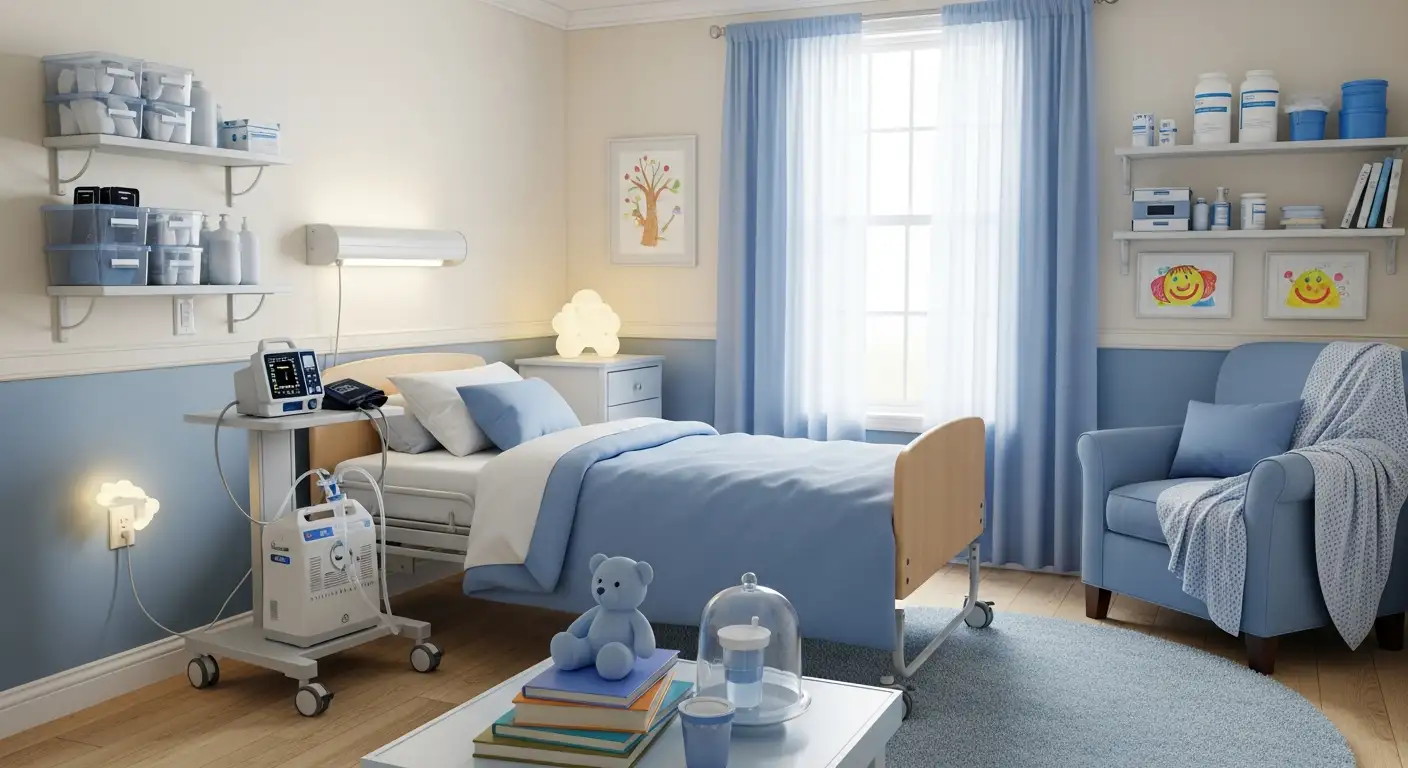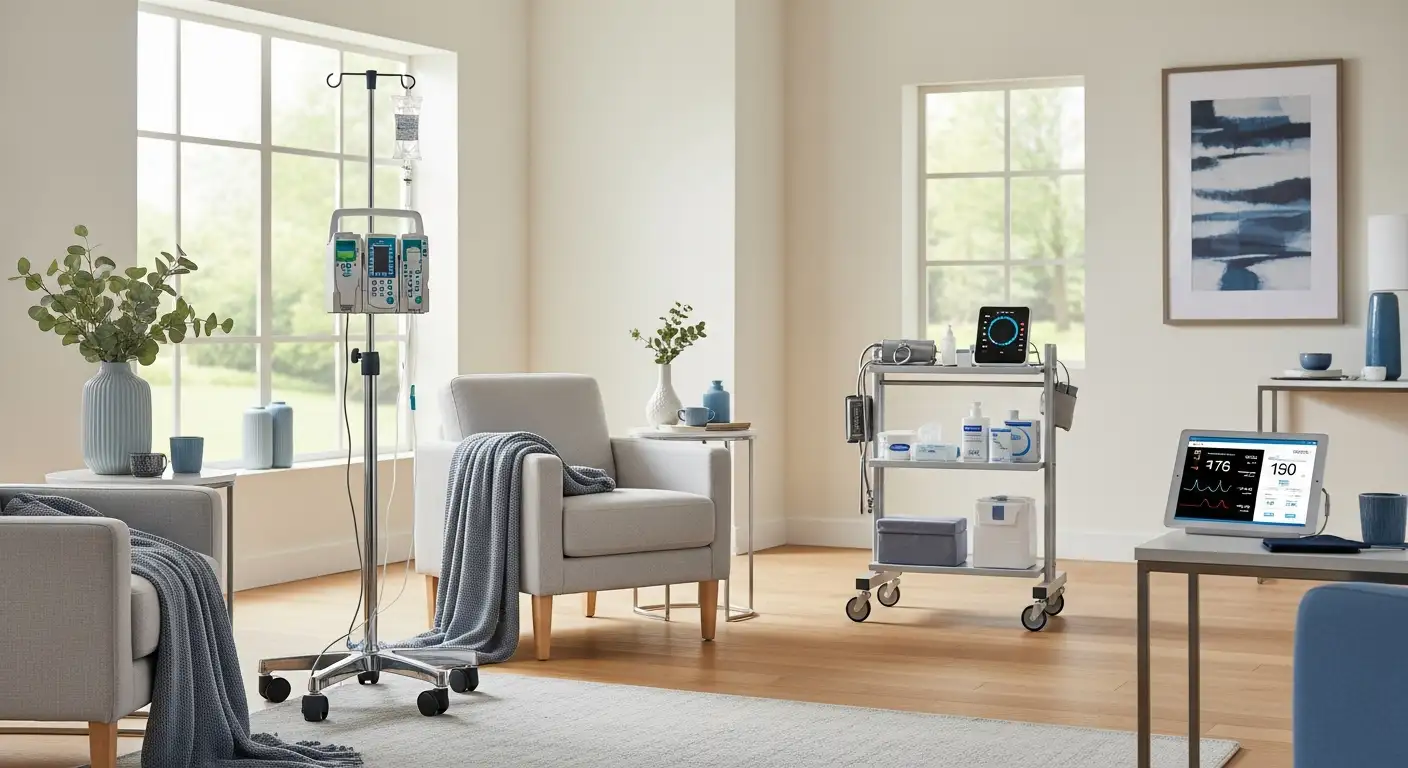The Crucial Role of Pediatric Home Care in Managing Rare Diseases
Pediatric home care (HHC) is a vital component in supporting children with rare and complex health conditions. By delivering specialized medical services directly within the comfort of a child's home, this approach facilitates continuous monitoring, personalized treatment, and emotional support that hospitals and clinics cannot always provide. As rare diseases often require intricate management and coordination among various healthcare providers, pediatric home care ensures that children receive tailored, multidisciplinary support, which significantly improves their health outcomes and overall quality of life.
Understanding How Pediatric Home Care Supports Children with Rare Diseases
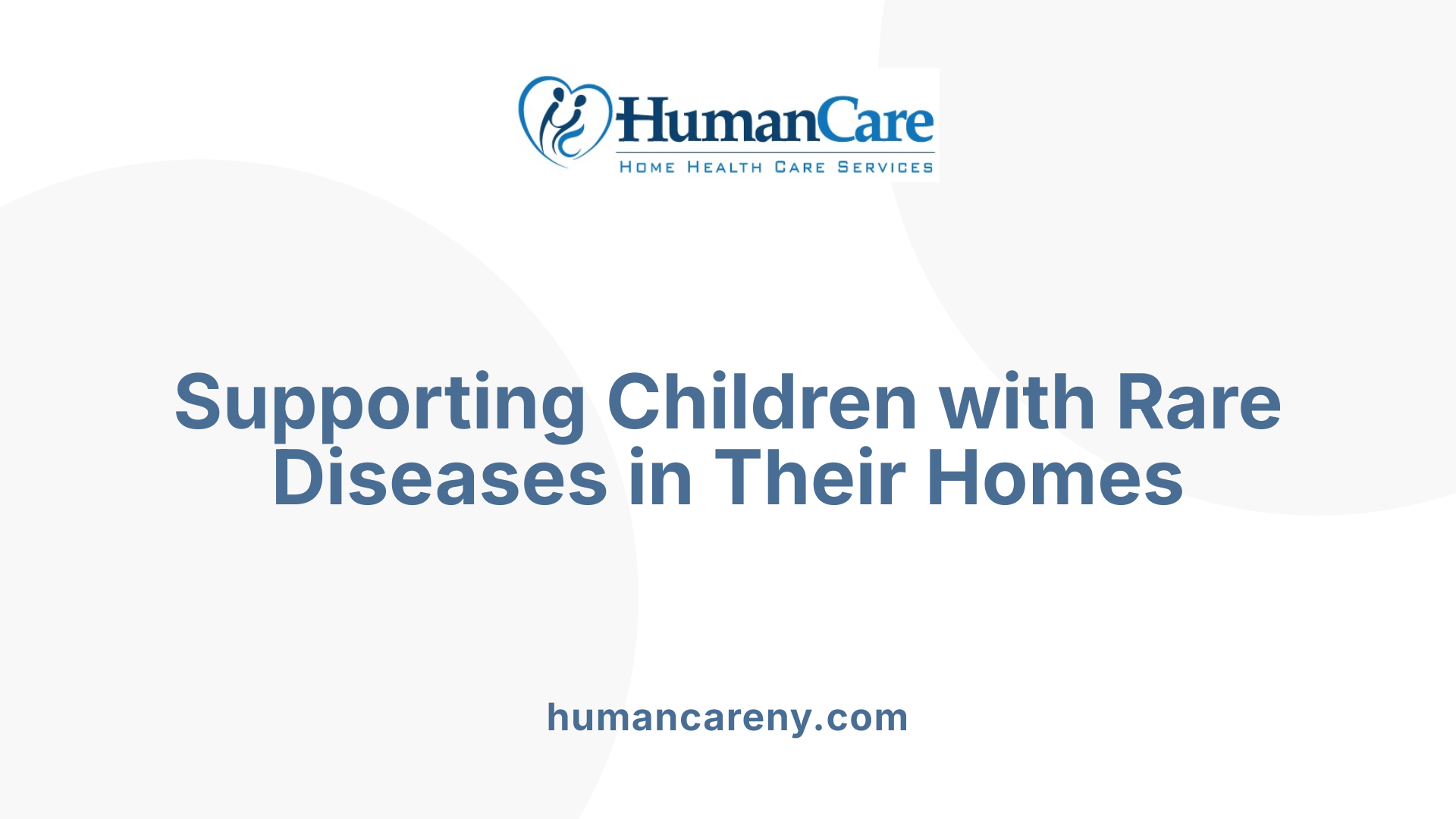
How does pediatric home care support children with rare diseases?
Pediatric home care plays a vital role in helping children with rare diseases manage their complex health needs within the comfort of their home environment. It offers specialized medical support tailored to the unique conditions of each child, including therapies, symptom management, and continuous health monitoring. This personalized approach ensures that children receive appropriate care while minimizing hospital visits and reducing stress for the family.
In addition to medical treatment, home care services assist children with daily activities such as mobility, nutrition, and routine health management. Skilled healthcare professionals coordinate closely with a team of specialists who understand the intricacies of rare diseases, ensuring that treatments are cohesive and responsive to evolving needs.
Another critical component is education and training for parents and caregivers. These training sessions empower families to effectively advocate for their child's health, implement care plans, and handle medical devices or treatments safely at home.
Organizations like the Care-for-Rare Foundation provide further resources, including genetic testing, access to innovative therapies, and community support groups. These services help bridge gaps in care, particularly given the limited availability of approved medications for many rare conditions.
Collaborating with healthcare providers, family support services, and advocacy groups, pediatric home care significantly enhances the child's quality of life, health outcomes, and family wellbeing. It fosters an environment where children with rare diseases can thrive with continuous, compassionate, and tailored support.
Impact of Pediatric Home Care on Child Health and Family Well-Being
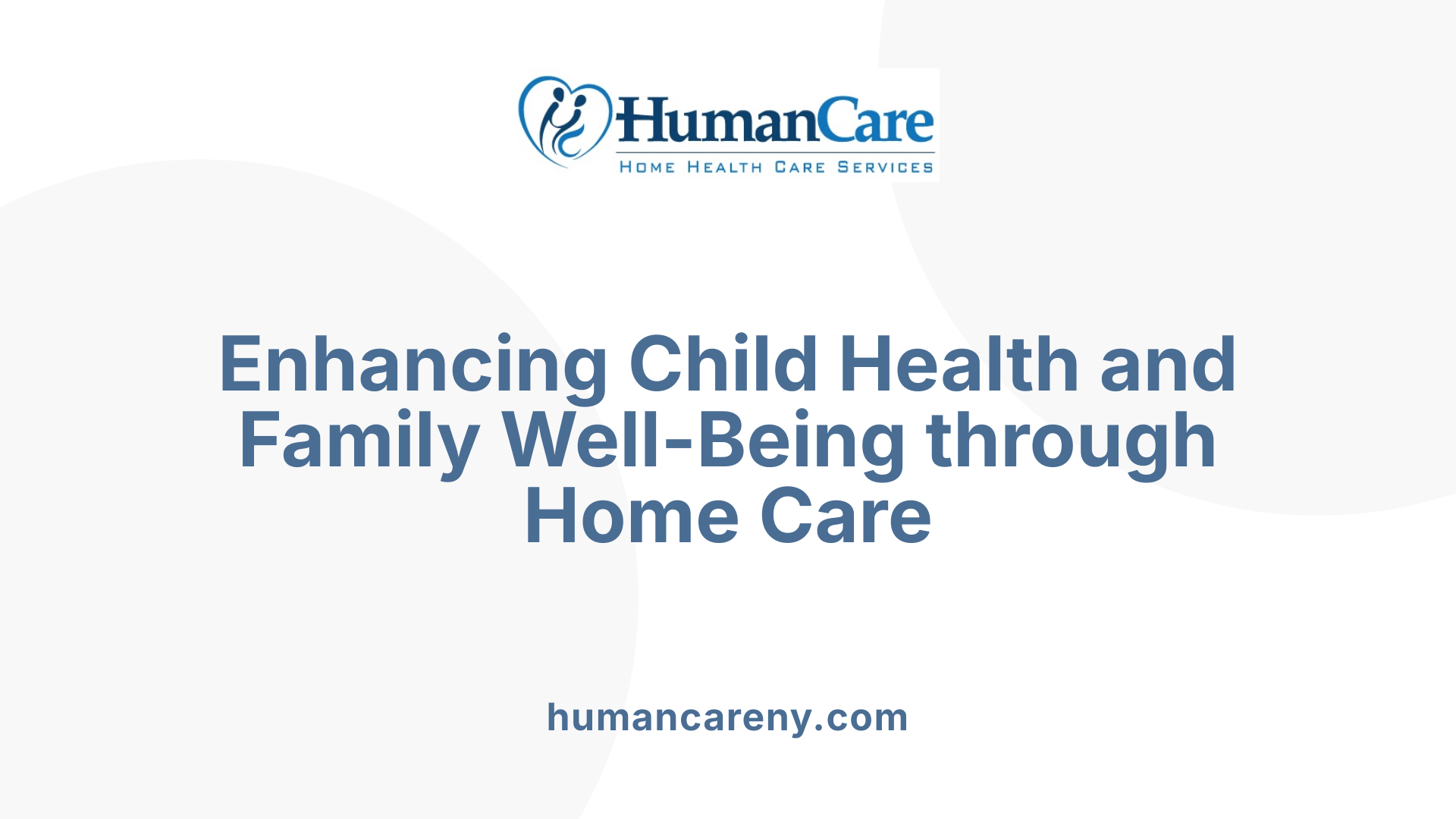
How does pediatric home care impact the health and well-being of children with rare diseases?
Pediatric home care plays a vital role in improving the overall health and well-being of children suffering from rare diseases. By delivering medical, therapeutic, and emotional services directly in the child's home, this approach ensures continuous, personalized support that meets each child's specific needs. It can lead to better health stability, reduce the frequency of hospital visits, and promote developmental progress.
In addition to physical health benefits, home care enhances emotional well-being for both children and their families. Children often feel safer and more comfortable in a familiar environment, which can reduce anxiety and improve cooperation with treatments. Caregivers, especially parents, find that ongoing support helps them build trust with healthcare providers and fosters a stronger bond with their children.
However, caregiving for children with rare and ultra-rare diseases presents substantial emotional and practical challenges. Many caregivers experience high levels of stress, emotional distress, and financial strain due to the complex medical needs, diagnostic hurdles, and navigating intricate healthcare systems.
Efforts to improve pediatric home care focus on expanding access to genetic testing, providing tailored caregiver training, and fostering coordination among specialists. Such measures can lessen caregiver burden, address disparities, and enhance family resilience.
Overall, a well-structured, family-centered home care system significantly benefits children with rare diseases by supporting their medical stability and emotional health. Simultaneously, addressing systemic barriers, including workforce shortages and insurance coverage gaps, is crucial for maximizing these positive outcomes.
Services Offered in Pediatric Home Care for Rare Conditions
What types of services are typically offered in pediatric home care for children with rare conditions?
Pediatric home care for children with rare conditions encompasses a broad range of services tailored to meet their complex health needs. These services include medical treatments such as medication management, administering therapies, and equipment use. Skilled nursing care plays a vital role, especially in managing ongoing medical needs like infusion therapy, respiratory support, and post-surgical care.
Therapy services are also integral, providing physical, occupational, and speech therapy to support developmental progress and address functional challenges. These therapies are delivered in the familiar home environment, which can enhance engagement and outcomes.
Care coordination is another crucial aspect, ensuring seamless collaboration between various healthcare providers, specialists, and community resources. It helps families navigate the often complicated healthcare system, schedule appointments, and address insurance or logistical hurdles.
Family education and support are vital components. Families receive training about their child’s condition, medication administration, emergency management, and how to perform specific therapies. This empowers caregivers with confidence and skills essential for daily care.
Support networks and resources from disease-specific organizations or community groups offer families emotional and practical assistance. These networks facilitate peer connections, information sharing, and advocacy.
Respite care provides temporary relief for family caregivers through in-home services by registered nurses, licensed practical nurses, or home health aides. This support helps prevent caregiver burnout, ensuring sustained family well-being.
Overall, pediatric home care for rare diseases combines medical, therapeutic, educational, and supportive services in a personalized manner. The goal is to optimize quality of life, promote development, and empower families to manage their child's complex health needs effectively.
Benefits and Outcomes of Pediatric Home Care

What are the benefits and positive outcomes of pediatric home care for children with rare conditions?
Pediatric home care plays a vital role in improving health and overall well-being for children with rare and complex conditions. One of the primary advantages is the potential for better health outcomes. Personalized medical management, continuous monitoring, and early diagnosis administration in a familiar, comfortable environment help reduce the risk of complications and promote quicker recovery.
Children receiving home care often experience less anxiety because they are cared for in their own homes. This setting supports emotional stability and helps children feel safe, which is crucial for those with chronic or serious health issues. Family involvement is a core part of home-based care, empowering parents and caregivers through training and active participation. This fosters a sense of control and confidence in managing daily needs and medical treatments.
In addition, pediatric home care provides easier and more consistent access to vital therapies such as speech, occupational, and physical therapy. These services are tailored to each child's developmental and medical requirements, delivered in settings that encourage natural growth and interaction.
Another significant benefit is the reduction in hospitalizations. By managing symptoms early and preventing emergencies, home care decreases the need for hospital visits, which also reduces the infection risk and emotional stress associated with hospitalization. Families benefit from the convenience of flexible scheduling and the ability to maintain routines, such as school attendance and social activities.
Psychosocial support integrated into home care can lessen families' emotional burdens, reduce caregiver burnout, and improve mental health. Support groups, counseling, and communication with healthcare professionals help families cope with the challenges of raising children with rare or severe conditions.
Overall, pediatric home care offers a comprehensive approach that enhances the child's quality of life through holistic, family-centered support. It fosters physical health, emotional stability, and strong family bonds, creating a nurturing environment essential for children with complex medical needs.
Supporting Families and Caregivers Through Home Care Services
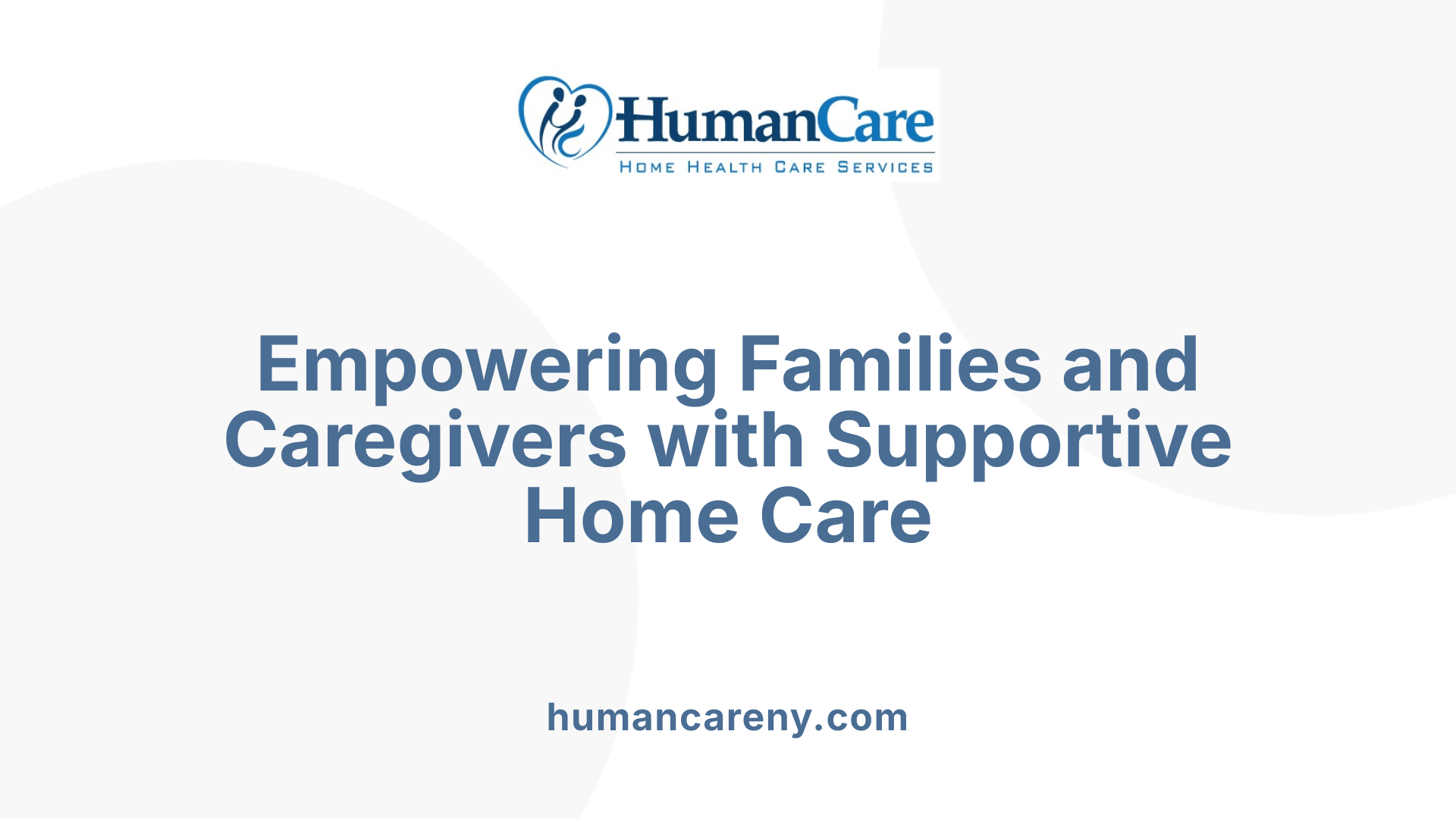 Home care services play a critical role in supporting families and caregivers of children with rare and complex medical needs. These services go beyond basic medical treatment, offering extensive training and education to help families manage intricate care routines. Caregivers learn how to handle medications, operate medical equipment, and organize medical records effectively, which boosts their confidence and competence.
Home care services play a critical role in supporting families and caregivers of children with rare and complex medical needs. These services go beyond basic medical treatment, offering extensive training and education to help families manage intricate care routines. Caregivers learn how to handle medications, operate medical equipment, and organize medical records effectively, which boosts their confidence and competence.
In addition to practical support, emotional well-being is a cornerstone of home care. Programs often include counseling, peer support groups, and resources that help parents and families deal with feelings of stress, overwhelm, and burnout. These emotional supports are vital for maintaining mental health and ensuring caregivers are resilient in their caregiving roles.
Respite care is another essential element. It provides temporary relief to caregivers, enabling them to rest and recharge. This can involve hiring in-home respite providers, accessing respite funding, or participating in community-supported programs. Respite care helps prevent caregiver exhaustion and sustains the long-term viability of caring for children with chronic or rare conditions.
Furthermore, access to resources and support networks is facilitated through various organizations, such as support centers and online databases. These resources offer guidance on navigating healthcare systems, connecting with specialized providers, and planning for future care needs.
Overall, home care services empower families by equipping them with necessary knowledge, emotional backing, and practical assistance. This comprehensive support enables families to provide optimal care for their children, while also addressing their personal well-being.
The Role of Tailored and Specialized Care in Pediatric Home Care
What is the role of tailored and specialized care in pediatric home care for children with complex medical needs?
Customized and specialized care is essential in pediatric home health to meet the diverse needs of children with chronic or complex health conditions. It involves developing individualized care plans that are tailored to each child's medical, developmental, and emotional requirements. These plans are created through collaboration among healthcare providers and families, ensuring treatments are specific, effective, and feasible within the home environment.
Personalized approaches include therapies such as physical, occupational, speech, and respiratory support, all adapted to optimize the child's recovery and comfort. Continuous monitoring and support from professionals like pediatric nurses, therapists, and care coordinators help manage intricate medical needs and prevent complications.
This tailored care setup not only improves health outcomes but also helps reduce hospital visits and enhances the child's quality of life. It fosters a family-centered approach, encouraging active family participation and empowering caregivers.
Overall, specialized and individualized services are vital for managing complex health issues at home, promoting better development, safety, and well-being for children and their families.
Models and Strategies for Effective Pediatric Home Care Delivery

What models and approaches are used in pediatric home care for children with rare diseases?
Pediatric home care for children with rare diseases involves a variety of tailored models designed to meet the complex and unique needs of each child and family. One common approach is the nurse-led program, where specialized pediatric nurses provide ongoing medical management, education, and coordination of care directly in the home.
Another effective strategy is the multidisciplinary team approach, which combines pediatricians, therapists, social workers, and other specialists working collaboratively to develop comprehensive care plans. This method ensures that both medical and psychosocial aspects of care are addressed.
Family-centered care is also central, empowering families to participate actively in decision-making and daily management of their child’s health. This approach respects family preferences, routines, and cultural considerations.
Innovative models like the Care Continuum Model emphasize seamless coordination across different services and providers. These models often incorporate telehealth technology to improve access, particularly for families in remote or underserved areas.
Care coordination systems may be centralized, with dedicated coordinators managing appointments, medical records, and communication, or hybrid models combining various strategies to facilitate collaboration.
Overall, successful pediatric home care depends on flexible, stakeholder-informed models that enhance care accessibility, coordination, and support, especially for children with complex and rare health conditions.
The Future of Pediatric Home Care for Children with Rare Diseases
Advancements in pediatric home care, including policy improvements, innovative service models, and enhanced caregiver training, hold promise for significantly improving outcomes for children with rare diseases. Emphasizing family-centered, coordinated efforts and expanding access to specialized services will ensure that these vulnerable children receive the comprehensive, compassionate care they need to thrive at home and in the community.
References
- Home Health Care Research for Children With Disability and ...
- Assessing the supportive care needs of parents of children with rare ...
- Families of children with rare diseases more receptive to advanced ...
- Family caregivers of children and adolescents with rare diseases
- Living with a rare disease - experiences and needs in pediatric ...
- Children With Rare Diseases and Their Families Appreciate ...
- How Pediatric Home Health Care Supports Children with Chronic ...
- Pediatric Home Care for Complex Medical Needs - Americare

